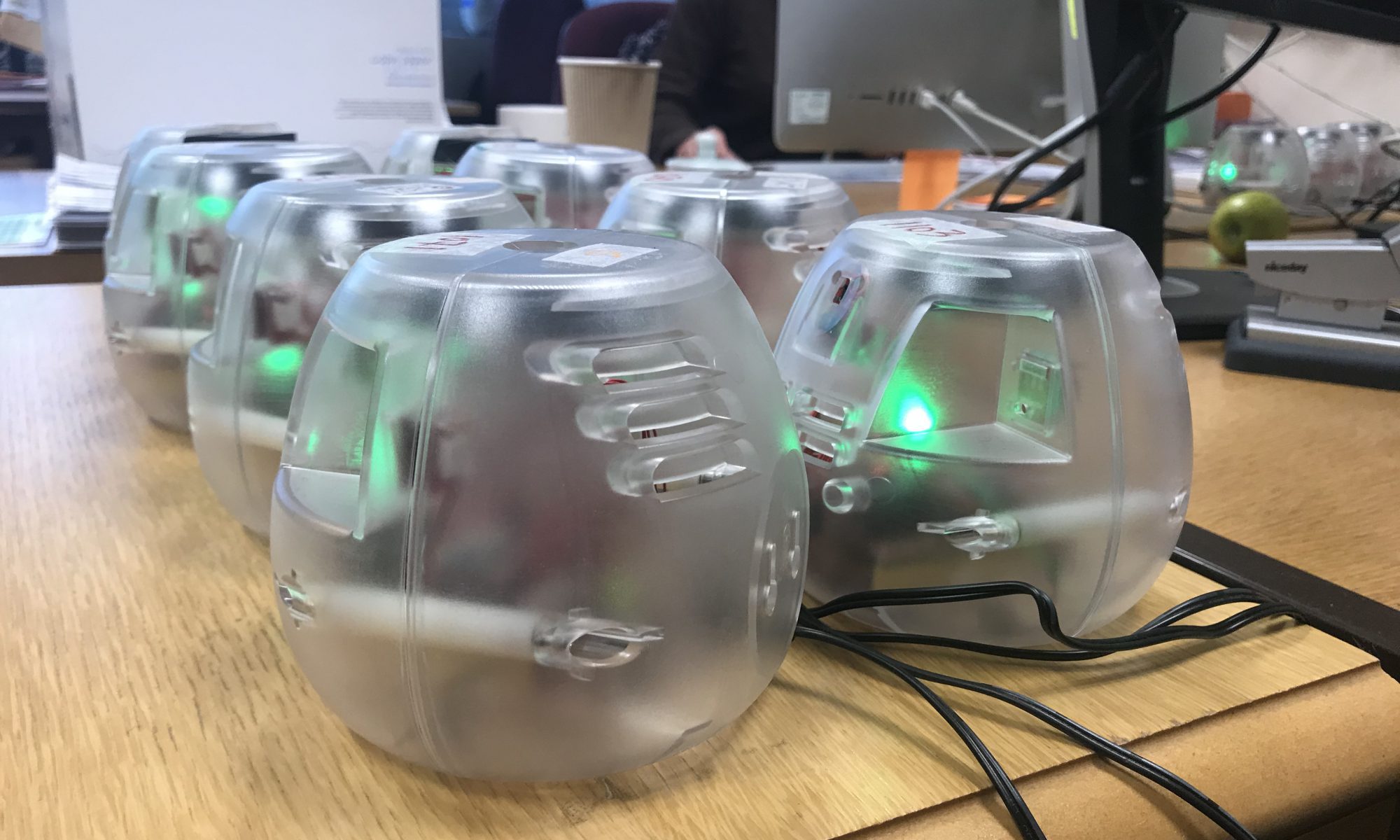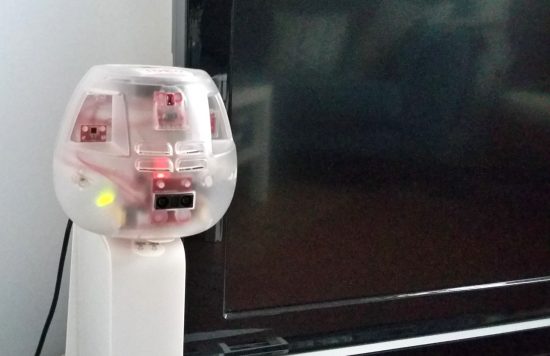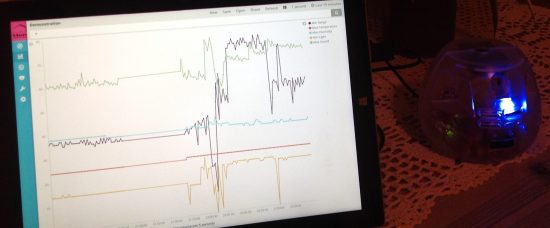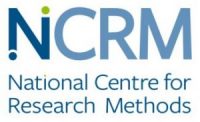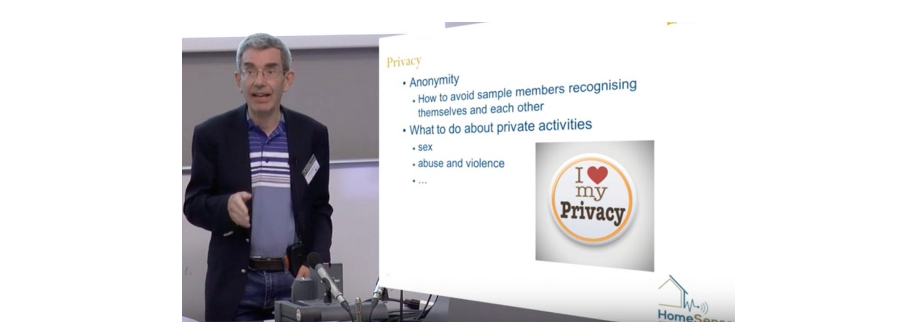Participant recruitment is a crucial success factor in research on human subjects, yet its significance for the validity of research outcomes is commonly glossed over, at least in public.
“Recruitment is an issue that tends to be underplayed”, commented Kristrún Gunnarsdóttir when looking back at some of the hurdles faced by the HomeSense field trial.
“… and it is something that should be more openly discussed.”
The reasons, you could say, are understandable. In a world of limited resources of time and budget, recruiting participants will always be a challenge. As with any form of recruitment, it also requires a deep appreciation of the motivations in play to achieve commitment to the cause. Above all, failures in the recruitment stage lead to research outcomes that are either poor (lack of participant commitment, biased sample) or incomplete (not many enough participating).
Continue reading “Patience and a balanced approach leads to successful research recruitment”
